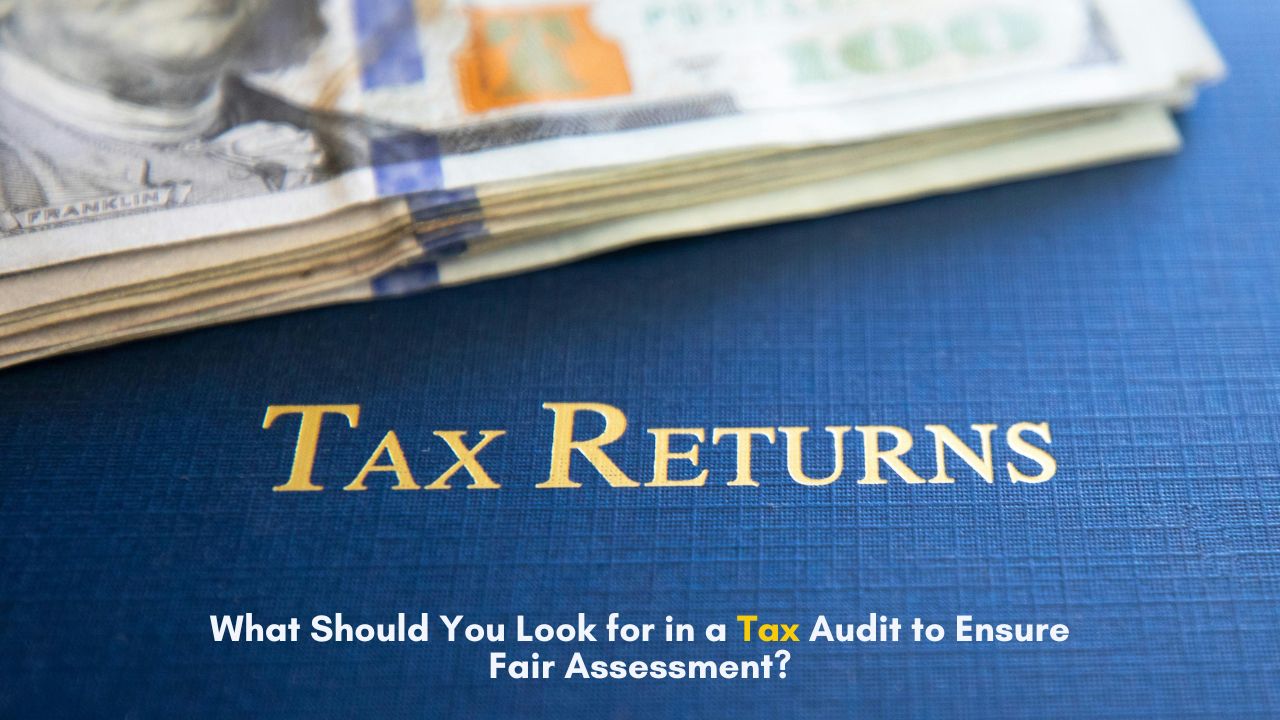Introduction
A tax audit is a crucial process that ensures businesses comply with tax laws and maintain accurate financial records. Whether conducted internally or by regulatory authorities, a thorough tax audit helps detect errors, misstatements, or potential fraud. Businesses must prepare well in advance to ensure a fair assessment and avoid unnecessary penalties. Understanding the essential elements of a tax audit, the documents required for a tax audit, and the role of forensic audit can help streamline the process.
Understanding the Purpose of a Tax Audit
A tax audit examines a company’s financial statements, tax filings, and related records to verify compliance with tax regulations. This process helps identify any discrepancies and ensures that businesses meet their tax obligations correctly. Tax audits can be conducted voluntarily by businesses or mandated by tax authorities if there are inconsistencies in reported financial data. A well-prepared audit not only ensures compliance but also safeguards businesses from potential legal complications.
Key Documents Required for Tax Audit
Proper documentation plays a significant role in ensuring a smooth tax audit process. Maintaining accurate and up-to-date records helps auditors verify financial transactions efficiently. Some essential documents required for tax audit include:
- Financial Statements: Profit and loss statements, balance sheets, and cash flow statements.
- Tax Returns: Copies of previous tax filings, including income tax and GST returns.
- Bank Statements: Records of all business transactions, payments, and deposits.
- Invoices and Receipts: Sales invoices, purchase receipts, and proof of expenses.
- Payroll Records: Salary slips, TDS deductions, and employee benefits documentation.
- Loan and Investment Details: Information on business loans, investment accounts, and interest payments.
By organizing these documents in advance, businesses can ensure transparency and reduce the chances of discrepancies during the audit.
Role of Forensic Audit in Ensuring Fair Tax Assessment
A forensic audit is a specialized examination used to detect fraud, financial misrepresentation, or legal violations in a company’s financial records. It goes beyond regular audits by analyzing transactions in detail to uncover suspicious activities. Businesses facing legal scrutiny or suspected tax fraud may require a forensic audit to prove compliance and maintain credibility.
Benefits of Forensic Audit
- Fraud Detection: Identifies hidden transactions, fake invoices, or manipulated financial records.
- Legal Compliance: Ensures businesses adhere to tax laws and avoid penalties.
- Financial Transparency: Provides accurate financial insights to stakeholders and regulatory authorities.
- Litigation Support: Helps businesses in case of legal disputes by providing credible financial evidence.
A forensic audit strengthens financial accountability and prevents potential risks that may arise due to non-compliance or fraudulent practices.
Importance of Bookkeeping Services in a Tax Audit
Accurate bookkeeping plays a crucial role in ensuring a successful tax audit. Without proper bookkeeping services, businesses may struggle to maintain financial transparency and compliance. Bookkeeping services help record all financial transactions systematically, making tax audits smoother and less stressful.
Many businesses opt for outsourced bookkeeping services to ensure accuracy and compliance. Outsourced bookkeeping services provide expert financial management, allowing businesses to focus on their core operations. By outsourcing bookkeeping, businesses can reduce errors, improve efficiency, and ensure that their financial records are always audit-ready.
Connection Between Tax Audit and Fundraising Services
Fundraising services play an essential role in helping businesses secure financial support from investors, donors, or financial institutions. However, before engaging in fundraising, businesses must ensure that their financial records are accurate and transparent. Investors and lenders often review tax audits to assess the financial stability of a business before funding.
The fundraising process involves various stages, including preparing financial statements, demonstrating profitability, and ensuring tax compliance. A clean tax audit report strengthens the credibility of a business, making it easier to attract potential investors and secure funding. Businesses aiming for long-term growth should prioritize financial transparency to enhance their fundraising prospects.
Ensuring a Smooth Tax Audit Process
A fair tax audit requires businesses to adopt proactive financial management strategies. Here are some key practices to follow:
- Regular Financial Reviews: Conduct periodic financial checks to identify discrepancies before an audit.
- Use Professional Services: Engage experts for bookkeeping services and outsourced bookkeeping services to maintain accuracy.
- Maintain Clear Records: Ensure all financial transactions are well-documented and easily accessible.
- Stay Updated with Tax Laws: Keep track of changes in tax regulations to ensure compliance.
- Seek Forensic Audit When Necessary: If there are concerns about financial irregularities, a forensic audit can provide deeper insights and protection.
By following these steps, businesses can ensure a hassle-free tax audit while maintaining financial integrity.
At Corpbiz, we understand the complexities of tax audits and financial compliance. Our expert team provides comprehensive bookkeeping services, outsourced bookkeeping services, and forensic audit solutions to help businesses stay audit-ready. We also assist in tax compliance, financial management, and fundraising services to ensure smooth business operations. With Corpbiz, businesses can confidently navigate the tax audit process while maintaining financial accuracy and credibility.
Conclusion
A tax audit is a vital process that ensures businesses comply with tax laws and maintain financial transparency. Proper preparation, accurate bookkeeping, and understanding the documents required for tax audit can significantly improve the audit process. Additionally, forensic audits play a crucial role in fraud detection and financial accountability. By utilizing professional bookkeeping services, outsourced bookkeeping services, and maintaining compliance, businesses can ensure a smooth audit experience. A well-managed tax audit not only prevents legal risks but also strengthens financial credibility, which is crucial for business growth and fundraising opportunities.
